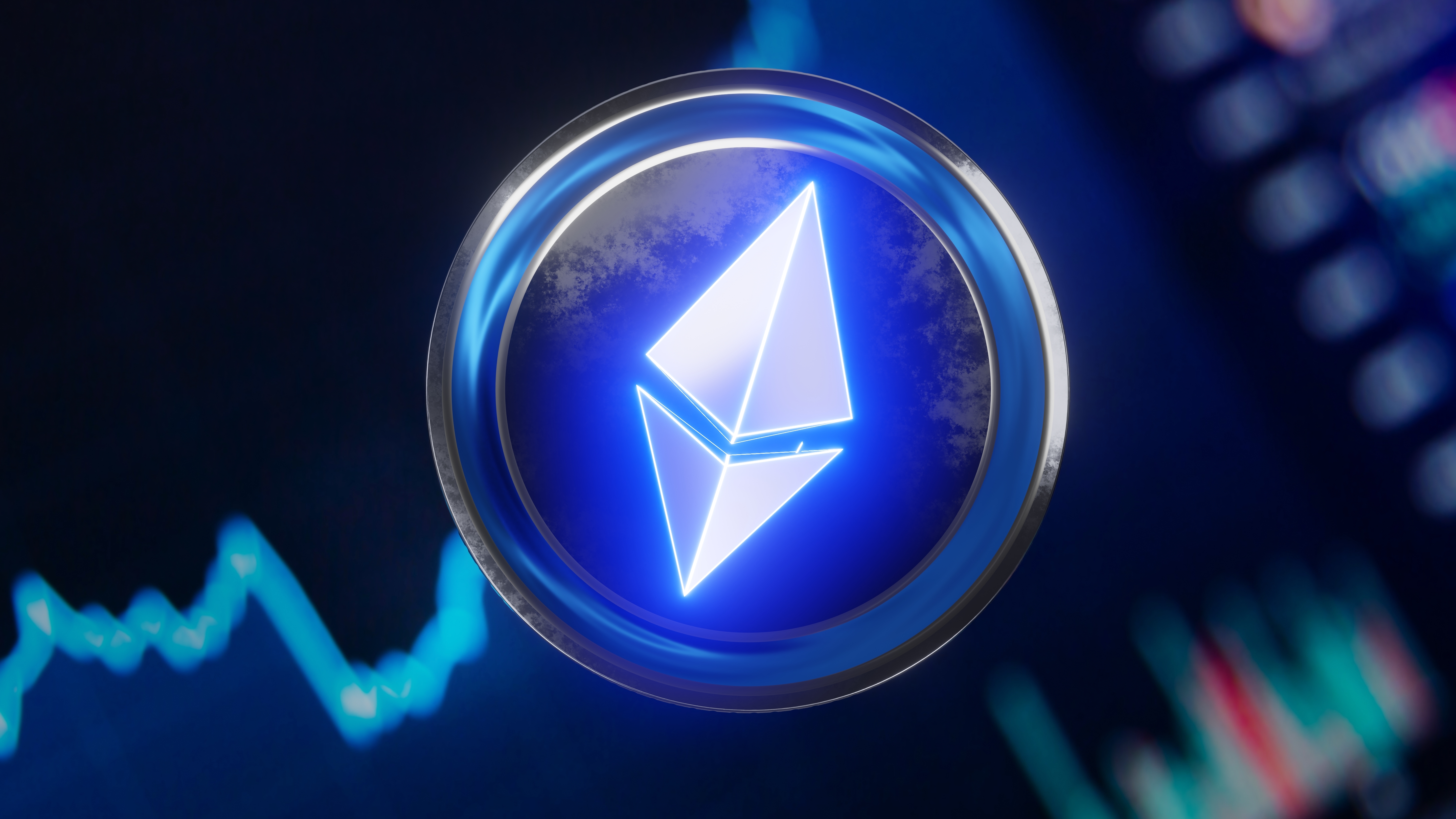

A highly anticipated upgrade to the Ethereum network called Dencun cleared a major hurdle and went live on the Sepolia testnet on Tuesday. This development follows its activation on the Goerli testnet earlier this month.
Dencun introduces “proto-danksharding” to its leading proof-of-stake blockchain. Proto-danksharding is designed to solve scalability issues while reducing data availability by reducing transaction costs in layer 2 blockchains. This latest upgrade lays the foundation for complete “danksharding” that further improves cost savings and performance gains.
Once fully implemented, Dencun will enable the Ethereum network to more cost-effectively process more than 100,000 transactions per second.
The last of three testnet deployments, called Holesky, is scheduled to implement Dencun on February 7th. Once this testing is complete, an activation date for Dencun on the underlying Ethereum blockchain will be set.
“Danksharding is how Ethereum becomes a truly scalable blockchain, but it requires several protocol upgrades to get there,” Ethereum developers wrote on the official Ethereum website. “Proto-Danksharding is an intermediate step.”
The Dencun upgrade also introduces ‘blobs’ to first compress transaction data off-chain and reduce rollup costs on the Ethereum mainnet by reducing storage and processing load.
Data temporarily stored in blobs is only needed for a short time to confirm transactions and can be safely deleted to prevent network overload. The promise of encryption ensures that any changes to data can be continuously detected, enabling secure and efficient data processing.
Edited by Ryan Ozawa.



